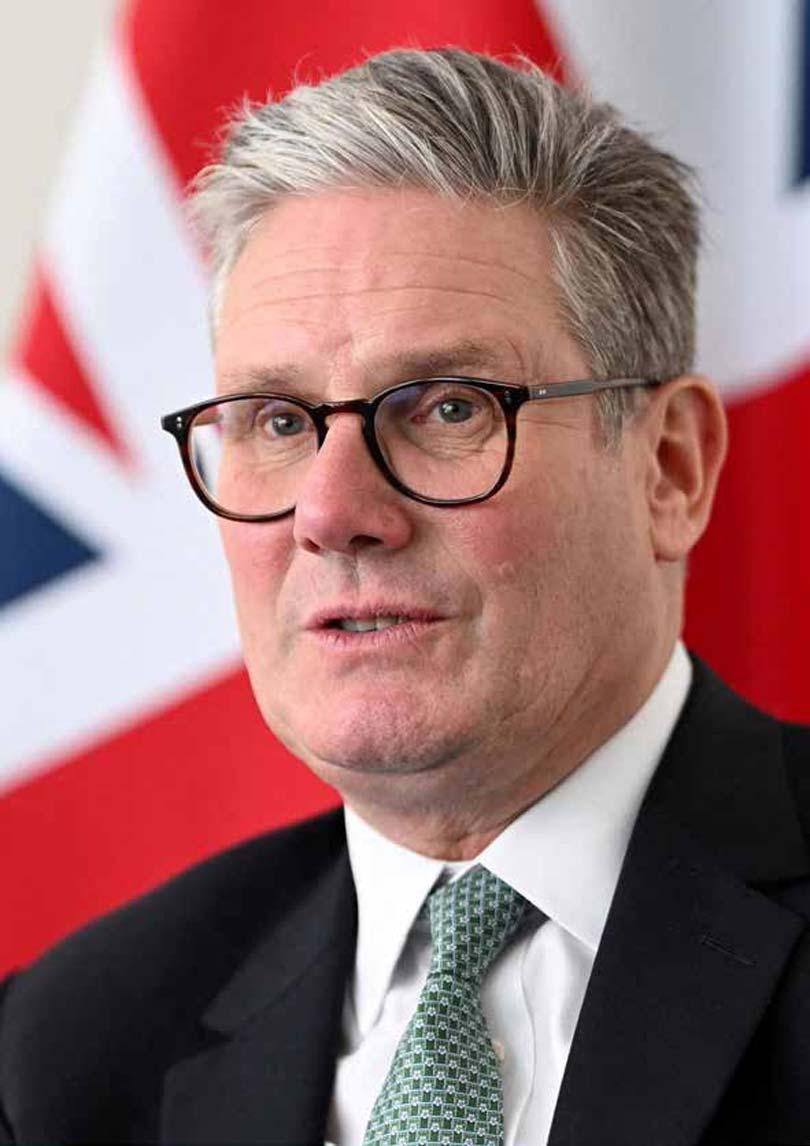
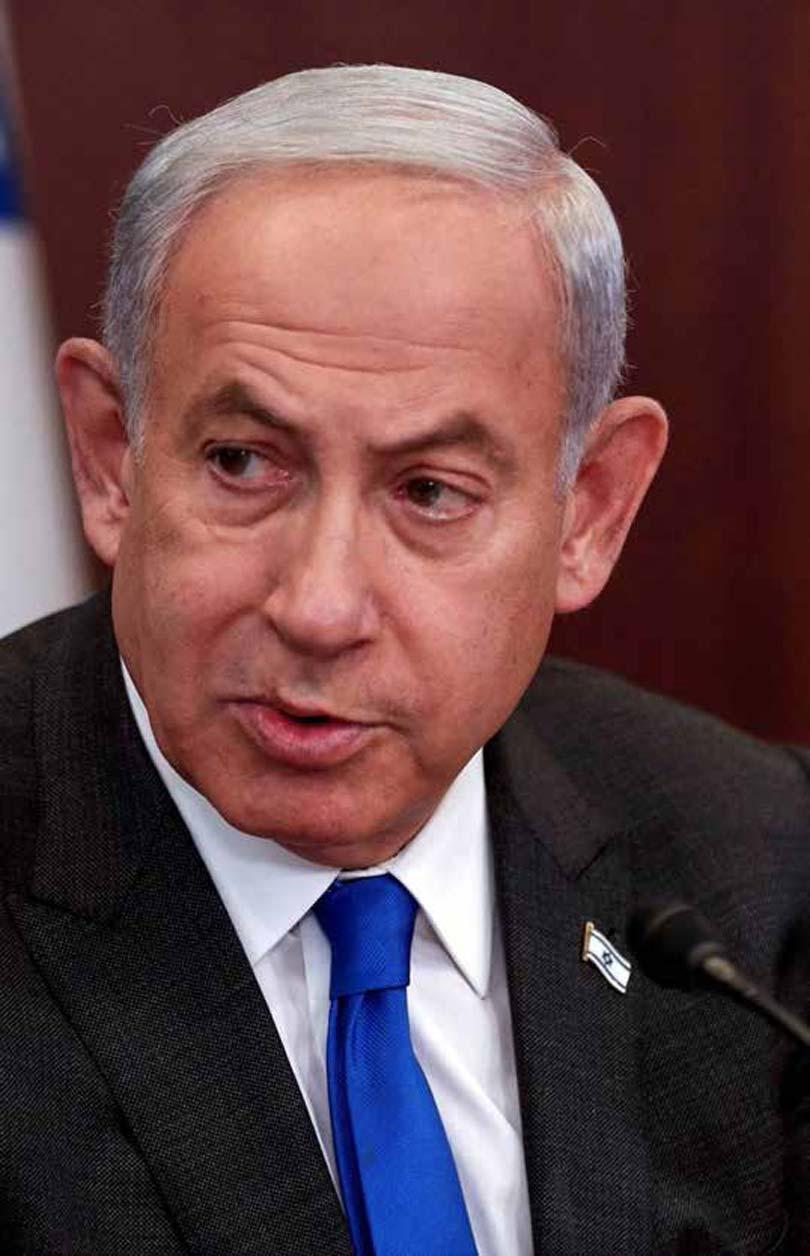
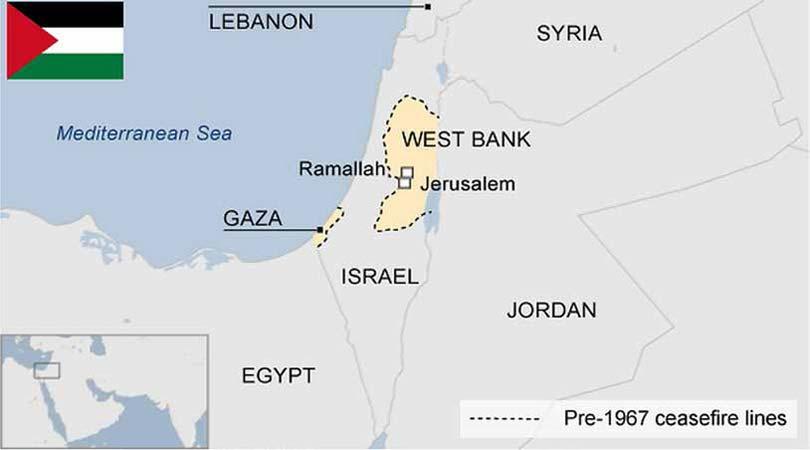
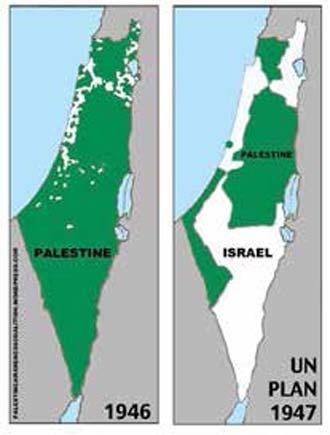 On 29 July 2025, UK Prime Minister Sir Keir Starmer announced a major shift in British foreign policy. Unless Israel takes decisive action to ease the humanitarian crisis in Gaza, halts any plans for annexation, and recommits to a two-state solution, the United Kingdom will formally recognise a Palestinian state at the United Nations General Assembly in September.
On 29 July 2025, UK Prime Minister Sir Keir Starmer announced a major shift in British foreign policy. Unless Israel takes decisive action to ease the humanitarian crisis in Gaza, halts any plans for annexation, and recommits to a two-state solution, the United Kingdom will formally recognise a Palestinian state at the United Nations General Assembly in September.
For the first time, Britain has tied the recognition of Palestine to a clear timeline and a specific set of conditions. Starmer stated that recognition would follow in September unless Israel agrees to a sustainable ceasefire in Gaza, commits to no further annexation of the West Bank, allows the unrestricted flow of humanitarian aid into Gaza, and publicly reaffirms its commitment to a long term two state peace process.
Sir Keir Starmer described the scenes from Gaza as catastrophic, particularly images of children suffering from hunger and famine. He said the world could not continue to turn away from what he called a devastating failure to provide aid. He stressed that the suffering must end. If Israel fails to take meaningful action by September, Britain will join a growing list of nations pushing for Palestinian statehood as a way to restore balance and accountability in the region.
What prompted the shift in UK policy
Cabinet and political pressure
This move follows growing pressure from within the Labour government. Many Labour Members of Parliament, as well as key figures in the cabinet such as Deputy Prime Minister Angela Rayner and Health Secretary Wes Streeting, had urged a firmer stance. They argued that the UK could not continue to remain neutral while the humanitarian crisis in Gaza continued to worsen. With France already having pledged to recognise a Palestinian state, critics of Sir Keir Starmer believed the UK was lagging behind in taking moral and diplomatic leadership on the issue.
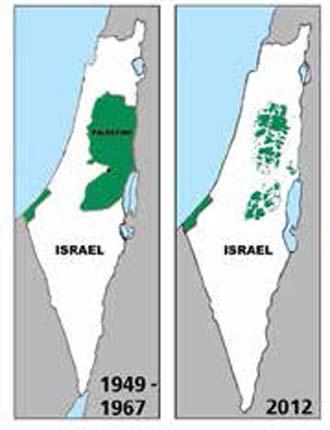 Public sentiment and humanitarian concern
Public sentiment and humanitarian concern
Public outrage in the UK has increased significantly in recent months. News reports and humanitarian organisations have documented severe famine conditions in Gaza. Over 60,000 Palestinians are reported to have died, and aid agencies have confirmed widespread hunger, particularly among children. Organisations such as Médecins Sans Frontières and the World Food Programme have described the situation as one of the worst humanitarian crises in recent history. These images and reports have triggered widespread protests and calls for action from the British public. More than 250 Members of Parliament across party lines have expressed support for statehood recognition.
Policy evolution within Labour
Although the Labour Party has long supported Palestinian statehood in principle, Sir Keir Starmer had previously stated that recognition should only occur as part of a broader peace process.
Since early 2024, both Sir Keir Starmer and Shadow Foreign Secretary David Lammy had expressed support for eventual recognition but always insisted that the timing should support and not undermine peace efforts. Once Labour entered office, Sir Keir Starmer was cautious about taking unilateral steps, arguing that premature recognition could complicate diplomacy. However, the deteriorating conditions in Gaza and increased political pressure have now made inaction more difficult to defend.
Upholding Israel’s right to security
Sir Keir Starmer began his address by reaffirming Israel’s right to security. He stated that every country has the right to defend itself but that this right must be exercised within the limits of international law. He pointed out that the UK had already suspended 30 arms export licences to Israel in September 2024, citing concerns that those weapons could be used in ways that breach international law. The UK has also paused trade talks with Israel but has not fully ended its arms relationship.
Two state solution as a central goal
Sir Keir Starmer emphasised that recognition is a tool to push both sides toward a genuine two state solution. He envisions a sovereign Palestinian state existing peacefully alongside a secure Israel. He made clear his opposition to the expansion of Israeli settlements in the West Bank and reaffirmed that Palestinians have an inalienable right to self-determination. In his view, the recognition of Palestine would strengthen the framework for long term peace rather than weaken it.
Conditional and strategic
Sir Keir Starmer clarified that the UK’s decision is not automatic. He has given Israel a window of time until the UN General Assembly in September. During this time, Israel has the opportunity to meet specific conditions. If those conditions are met, the recognition may be paused or reviewed. If not, the UK will proceed. Sir Keir Starmer has stated that the decision will be made based on evidence and not influenced by any single external power or veto.
Prime Minister Benjamin Netanyahu’s reaction
Israeli Prime Minister Benjamin Netanyahu and the Israeli Foreign Ministry condemned the UK announcement. They argued that it would reward Hamas and undermine ongoing efforts to secure the release of hostages and achieve a ceasefire. Prime Minister Netanyahu accused Sir Keir Starmer of siding with terrorists and described the move as a betrayal of democratic values. In a public statement, Prime Minister Netanyahu said that Sir Keir Starmer was punishing the victims of terrorism while rewarding its perpetrators. He warned that creating a Palestinian state in the current context would threaten both Israel and the West.
Denial of famine allegations
Prime Minister Netanyahu and other Israeli officials rejected the claim that starvation is being used as a tactic. They admitted that conditions in Gaza are difficult but argued that reports of widespread famine are exaggerated or politically motivated. Israeli officials claimed that they have allowed some humanitarian aid into Gaza and that efforts are ongoing to expand access. However, aid organisations have consistently reported that current efforts are insufficient to meet the urgent needs of the population.
Sir Keir Starmer described the scenes from Gaza as catastrophic, particularly images of children suffering from hunger and famine. He said the world could not continue to turn away from what he called a devastating failure to provide aid.
Legal and diplomatic objections
Israel has also warned that the UK decision would violate longstanding diplomatic agreements. Officials cited UN Security Council Resolution 242 and the Oslo Accords, which call for Palestinian statehood to emerge through direct negotiations and mutual agreement. According to Israel, unilateral recognition undermines the trust required for any peace talks and risks creating deeper divisions on the ground.
Effects on UK politics
Sir Keir Starmer’s decision has generated both support and criticism within the UK. Many view it as a bold and necessary step in response to a growing humanitarian crisis. Figures like former Foreign Secretary Emily Thornberry welcomed the move but expressed concern about whether Israel would meet the conditions in time. Critics, particularly in the Conservative opposition, argue that the recognition plan could harm the UK’s international standing and complicate relations with key allies such as the United States. Others warn that it could create divisions within the Labour Party itself.
European and global dynamics
France recently announced a similar intention to recognise Palestine under certain conditions. Other European countries, including Spain and Ireland, have also expressed support for recognition. The UK’s decision strengthens a growing European consensus that the current approach to the Israel Palestine conflict is no longer effective. However, the United States remains opposed to unilateral recognition. Some American lawmakers have described the UK plan as reckless and potentially dangerous. President Donald Trump made a mixed statement, saying he did not object to Britain’s decision but warned that it could embolden Hamas.
Pressure on Israel
Israel now faces mounting diplomatic pressure. Sir Keir Starmer’s move, combined with France’s stance, signals a significant shift in how Western democracies view the conflict. Israel has traditionally relied on support from the United States and the UK to block Palestinian recognition at the United Nations. That strategy may no longer be reliable. If the UK follows through in September, it may inspire other countries to act independently of Washington’s position.
The September deadline
All attention is now on the United Nations General Assembly in September. Sir Keir Starmer has given Israel a clear set of actions to complete within this timeframe. These include agreeing to a ceasefire, lifting restrictions on humanitarian aid, freezing annexation activity in the West Bank, and formally recommitting to a negotiated two state solution. If these conditions are not met, the UK is expected to move forward with recognition. If they are met, the decision may be delayed or suspended.
Potential domino effect
The coordinated stance of France and the UK may prompt other countries in the European Union and beyond to follow. Countries like Ireland, Sweden, Norway, and Malta have long supported recognition and may now feel empowered to act. Recognition by major Western powers could eventually shift the balance of diplomatic power at the United Nations and give the Palestinian cause greater legitimacy on the international stage.
Uncertain path to peace
Sir Keir Starmer has framed the recognition as a step toward peace. But its actual impact remains unclear. If Israel refuses to engage or retaliates diplomatically, recognition could deepen the divide and make future negotiations more difficult. On the other hand, if Israel responds with constructive action, the move could be the beginning of a renewed peace process that includes meaningful steps toward a lasting solution.
Prime Minister Keir Starmer’s announcement on 29 July 2025 represents a defining moment in British foreign policy. For the first time, the UK has set a clear timeline and specific conditions for recognising a Palestinian state. The decision reflects growing concern over the humanitarian crisis in Gaza and a desire to revive the two-state solution. Israel’s Prime Minister Benjamin Netanyahu has responded with strong condemnation, accusing Starmer of rewarding terrorism and threatening international stability. The next several weeks will be crucial. If Israel does not act, Britain will take a step that could change the diplomatic landscape of the Middle East and signal a new era in the global response to the Israel Palestine conflict. How both sides choose to respond will shape not only the future of this particular conflict but also the credibility of international diplomacy in addressing long standing disputes.










